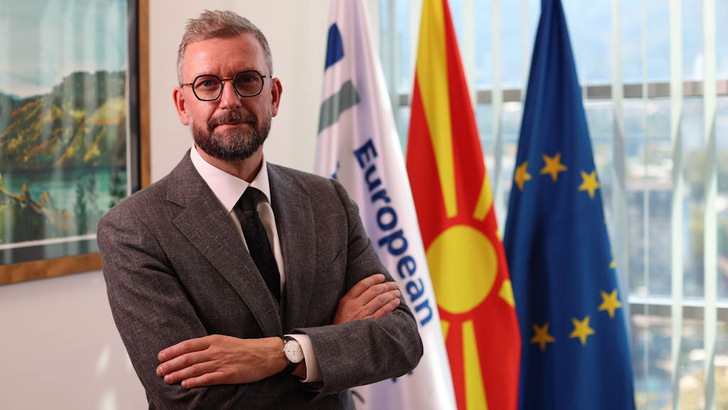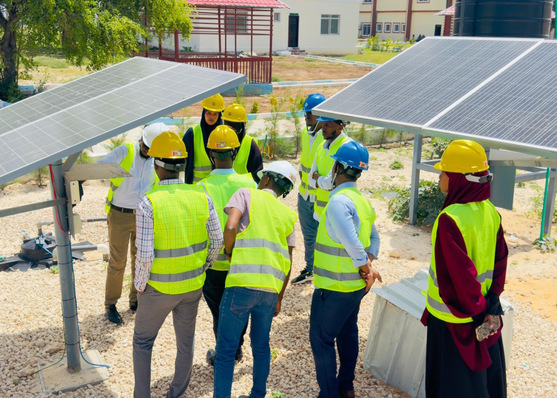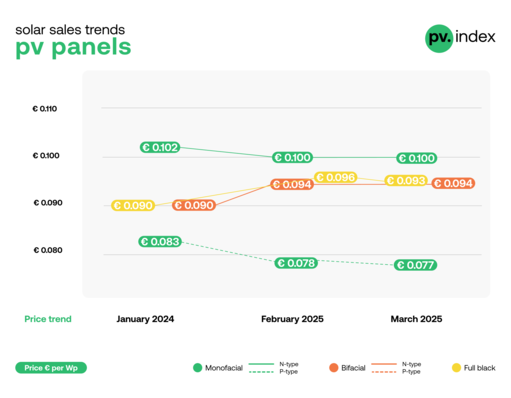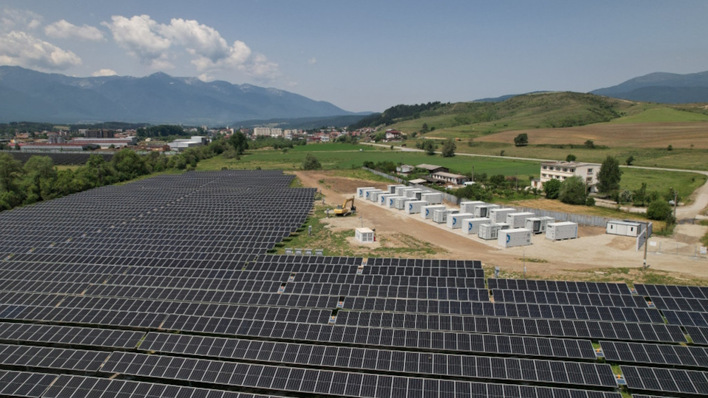What role do subsidies play in driving North Macedonia’s energy transition?
Green investments are pivotal to combating climate change and fostering sustainable economic growth. As an EU candidate country, North Macedonia is committed to reducing greenhouse gas emissions by 51% by 2030. Public sector investments alone will not suffice; increasing private sector involvement is essential.
Is public funding needed?
To reach these targets, public sector investments alone will not be sufficient; increasing private sector involvement will be crucial. The upcoming introduction of the EU's Carbon Border Adjustment Mechanism (CBAM) creates a strong impetus for decarbonisation.
How important is the EU market and thus the issue of decarbonisation of exported goods for the North Macedonia economy?
Around 20% of North Macedonia’s GDP is derived from exports to the EU (IMF). Notably, over 60% of the country’s iron and steel exports and nearly half of its aluminium exports are destined for EU markets.
Solar Macedonia president: “Quality standards are key to sector growth”
What challenges do carbon-intensive industries face, and how can they adapt?
To avoid negative effects on exports and carbon-intensive industries, it is essential to reduce emissions and adopt energy-efficient sources. This allows businesses to mitigate risks, obtain green certifications, and capitalise on new financing opportunities.
How is green investment evolving in North Macedonia, and what more is needed?
In the country, investments in green projects continue to increase, but more needs to be done and ideally incentivised through subsidies or targeted financing programmes with favourable conditions.
What is the current status of green financing and how does it support North Macedonia’s renewable energy goals?
By September 2024, the country’s green loan portfolio reached €328 million which is 4.4% of all loans, marking a 2.8-fold increase since 2019 according to National Bank data. The corporate sector has been the primary recipient of green financing, holding 95% of the total green loans. Encouraging further decarbonisation of Macedonian firms can significantly contribute to the country's target of reaching over 2,000 MW of renewable energy capacity by 2040.
North Macedonia energy expert on PV: “1.7 GW target is not a ceiling”
Why is green finance important for the energy transition in North Macedonia?
Green finance is not merely an environmental necessity, it is a strategic opportunity. Continued access to favourable financing, strong collaboration between public and private sectors, and improved regulatory support are essential to achieving the country’s ambitious sustainability targets.
What role do EU instruments and international financial institutions play in this context?
European Union instruments and international financial institutions, particularly the European Investment Bank, are central to developing and financing green investments in North Macedonia.
How has the EIB supported green investment in the country so far?
Since 2019, 44.5% of the EIB’s activity in North Macedonia has focused on 14 concessional credit lines, amounting to €735 million in investments for small and medium-sized enterprises – SMEs. These credit lines have helped SMEs retain more than 46,000 jobs and create 1,815 new ones.
Konstantyn Lytvak: “Poland may outpace PV regulation by 2028”
What is the current focus of these concessional credit lines?
Recently, the EIB credit lines, implemented in partnership with the Development Bank of North Macedonia and local commercial banks, have prioritised green investments. This includes financing renewable energy production, such as photovoltaics, and energy efficiency improvements in private-sector operations.
Will the EIB continue this programme in the future?
Yes. We intend to continue this successful green finance programme over the long term, supporting the country’s transition to a more sustainable and resilient economy.
Does the EIB support the private sector beyond financing?
In addition to providing funding, EIB Global offers technical assistance to help companies and banks assess climate risks and develop customised adaptation and energy efficiency projects.
Sun.store CEO: “Polish roots, pan-European vision”
What programmes are currently in place in North Macedonia?
Through our Greening Financial Systems (GFS) programme, we are already working with the National Bank of North Macedonia and five local commercial banks to provide this type of support.
Are there any new tools planned to help companies address climate risks?
Yes. We will launch an online tool – the Decarbonisation Guide – this autumn. It will offer companies practical advice and real-world case studies on managing both physical and regulatory climate risks, including those related to the EU’s Carbon Border Adjustment Mechanism (CBAM).
What will the guide help companies achieve?
The guide is designed to support firms in adopting sustainable practices and reducing operational costs, while improving resilience and compliance with evolving EU regulations.
Interview by Manfred Gorgus









